In today's fast-paced world, an active lifestyle has become more important than ever. Whether you're a dedicated athlete, a weekend warrior, or simply someone who enjoys staying active, maintaining a healthy body is key to enjoying life to the fullest. One crucial aspect of an active lifestyle that often gets overlooked is muscle recovery. In this blog, we'll explore why muscle recovery is so essential and how marine collagen supplements can play a significant role in aiding recovery.
The Importance of Muscle Recovery
Muscle recovery is the process by which your body repairs and rebuilds muscle tissue after physical activity. Whether you've just completed a strenuous workout or engaged in a challenging physical activity, your muscles undergo stress and micro-tears. This process may sound counterproductive, but it's actually how your muscles become stronger and more resilient over time.
Resting post-workout is how you help your body synthesize more protein for building muscle mass. When you skip it, the rate at which your muscle is breaking down becomes higher than the rate of muscle synthesis. It’s a condition that is often referred to as muscle wasting or muscle atrophy. Losing muscle mass might make you look thinner, but you’ll eventually become very weak since there’s less muscle mass to support your activities.
When it comes to weight loss, you want to gain muscle mass and lose fat mass. The opposite is a big no-no. Relaxing your muscles using massage therapy or cold water baths and ensuring proper muscle recovery is a crucial part of building your muscles.
Here are some key reasons why muscle recovery is crucial for anyone leading an active lifestyle:
-
Reduces the Risk of Injury:
Overworking your muscles without allowing for proper recovery can lead to injuries. When muscles are fatigued and not given time to repair, the risk of strains, sprains, and other injuries increases significantly.
-
Enhances Performance:
Adequate muscle recovery is essential for optimal performance. Well-rested muscles have greater strength, endurance, and power, allowing you to perform at your best during workouts or sports activities.
-
Prevents Burnout:
Continuous physical stress without recovery can lead to burnout and fatigue. Taking the time to recover helps you stay motivated and energized for your next active endeavor.
-
Promotes Muscle Growth:
For those looking to build muscle, recovery is where the magic happens. During the repair process, muscle fibers become thicker and stronger, resulting in muscle growth and improved tone.
Now that we understand why muscle recovery is important, let's explore how marine collagen can be a valuable ally in this process.
The Role of Collagen in Muscle Recovery
Collagen is the most abundant protein in our bodies, and it plays a critical role in the structure and function of various tissues, including muscles, tendons, ligaments, and skin. When it comes to muscle recovery, collagen's significance cannot be overstated.
Here's how collagen aids in muscle recovery:
-
Supports Tendon and Ligament Health:
Tendons and ligaments and connect muscles to bones and stabilize joints. Collagen is a crucial component of your ligaments and tendons. It makes up roughly 60-85% of the solid mass in your tendons. The interconnection of this collagen is what provides structure to tendons and shields them from the strain of high-impact activities, reducing the likelihood of sports-related injuries. During physical activity, these structures undergo stress, and collagen helps repair and strengthen them, reducing the risk of injuries. Any athlete will tell you how dreadful and painful a tendon injury is. Hence, you need collagen (especially type I) to keep your tendons and ligaments in top shape.
-
Reduces Inflammation:
After intense exercise, inflammation can occur as the body's natural response to muscle damage. Collagen contains amino acids like glycine, which have anti-inflammatory properties. By reducing inflammation, collagen helps speed up the recovery process.
-
Enhances Muscle Repair:
Collagen contains 19 amino acids, out of which 8 are essential amino acids. Amino acids are like the building blocks of muscles. Hence, having your amino acids regularly helps you repair your muscles and also improves their growth.
-
Supports Joint Health:
Joint health is crucial for maintaining an active lifestyle. Collagen helps keep joints flexible and lubricated, reducing the risk of joint-related discomfort or injuries during physical activity. A study concluded that taking 5g of bioactive collagen peptides daily can significantly reduce activity-related joint pain.
Now that we understand how collagen supports muscle recovery, let's delve into why marine collagen specifically is gaining popularity as a preferred choice.
Why Marine Collagen?
Collagen can be derived from various sources, including bovine (cow) and porcine (pig) collagen, but marine collagen is considered the best collagen for several reasons.
-
High Bioavailability:
Marine collagen has smaller particles compared to collagen from other sources, making it more easily absorbed by the body. This high bioavailability means that marine collagen can deliver its benefits more effectively.
-
Sustainable and Ethical:
Marine collagen is sourced from fish scales, skin, and bones that would otherwise be discarded. This utilization of by-products makes it a sustainable and environmentally friendly option.
-
Low Risk of Allergies:
Some individuals may have allergies or sensitivities to collagen derived from land animals. Marine collagen sourced from wild-caught fish is less likely to trigger allergic reactions, making it a safer choice for a broader range of people.
-
Rich in Type I Collagen:
Type I collagen is the most abundant type in the human body and is particularly beneficial for skin, hair, nails, and muscle recovery. Marine collagen is predominantly Type I collagen, making it highly effective for these purposes.
-
Contains Essential Amino Acids:
Marine collagen is packed with essential amino acids like proline, glycine, and lysine, which are vital for muscle repair and recovery.
How to Incorporate Marine Collagen into Your Active Lifestyle
Here are some practical tips to help you incorporate marine collagen into your active lifestyle:
-
Collagen Supplements:
Marine collagen is available in various forms, including powders, capsules, and liquids. Adding marine collagen supplements to your daily regimen is a convenient way to support muscle recovery.
-
Protein Shakes:
Mix marine collagen powder into your post-workout protein shake to boost its muscle-repairing benefits.
-
Collagen-Enriched Foods:
Look for collagen-enriched foods such as salmon, sardines, etc. You could also look for products like protein bars containing collagen.
-
Homemade Broths:
Consider making homemade bone broths using fish/chicken bones to create a nourishing and muscle-recovery-promoting meal.
-
Topical Products:
Marine collagen is the best skin collagen with great anti-aging properties, hence, some skin care products contain marine collagen for promoting skin health alongside muscle recovery. However, you shouldn’t rely on topical application alone. Topical creams are great for targeted treatment but may not reach the other affected areas. Creams may work for you if you want to use collagen for skin, but for muscle recovery, oral ingestion is the best choice.
Wrapping Up
Maintaining an active lifestyle requires more than just regular exercise. Muscle recovery is a critical component that ensures you can continue to push your limits, perform at your best, and reduce the risk of injuries. Marine collagen offers a natural and effective way to support muscle recovery by providing essential amino acids, reducing inflammation, and promoting overall tissue health. Incorporating marine collagen into your daily routine can be a game-changer for anyone striving to lead an active and healthy life. So, why wait? Start benefiting from marine collagen today and feel the difference in your active lifestyle.
References:
https://www.nifs.org/blog/the-importance-of-recovery-after-exercise
https://cdnsciencepub.com/doi/10.1139/apnm-2016-0390
https://pubmed.ncbi.nlm.nih.gov/12589194/
https://www.sciencedirect.com/topics/medicine-and-dentistry/muscle-atrophy







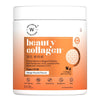
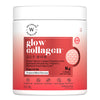





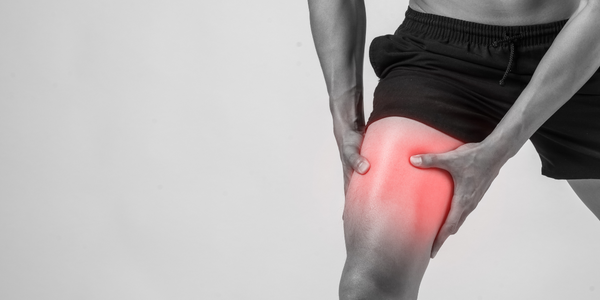
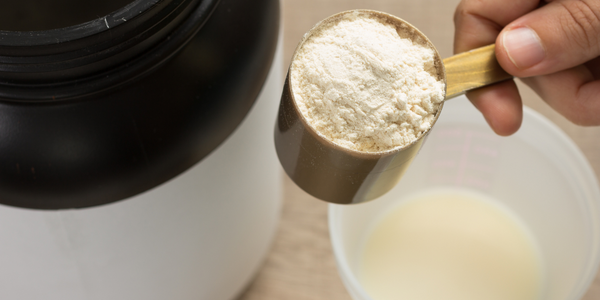

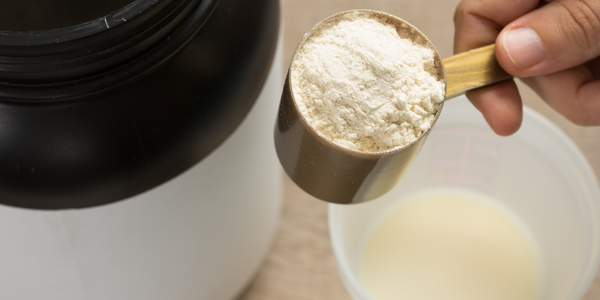
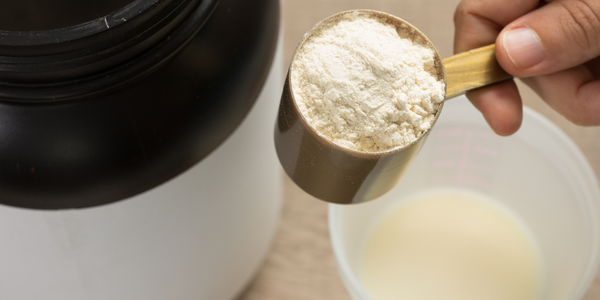

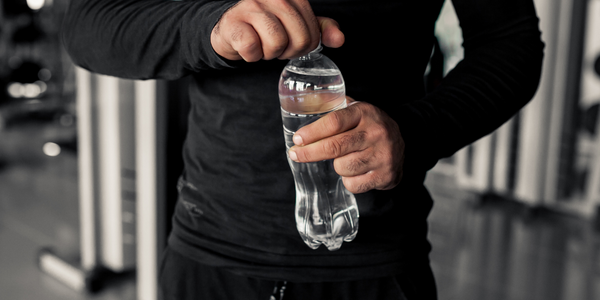
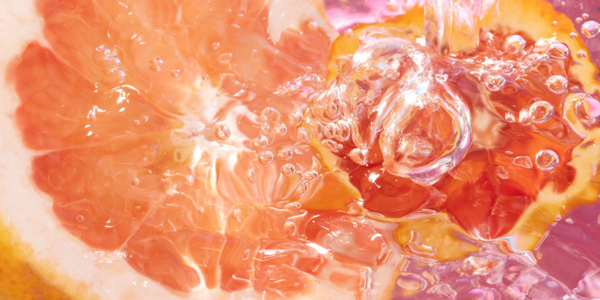
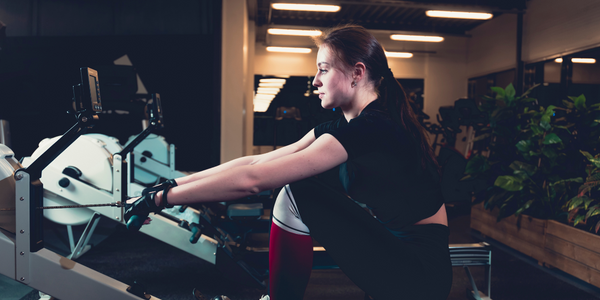






 DOWNLOAD NOW
DOWNLOAD NOW
